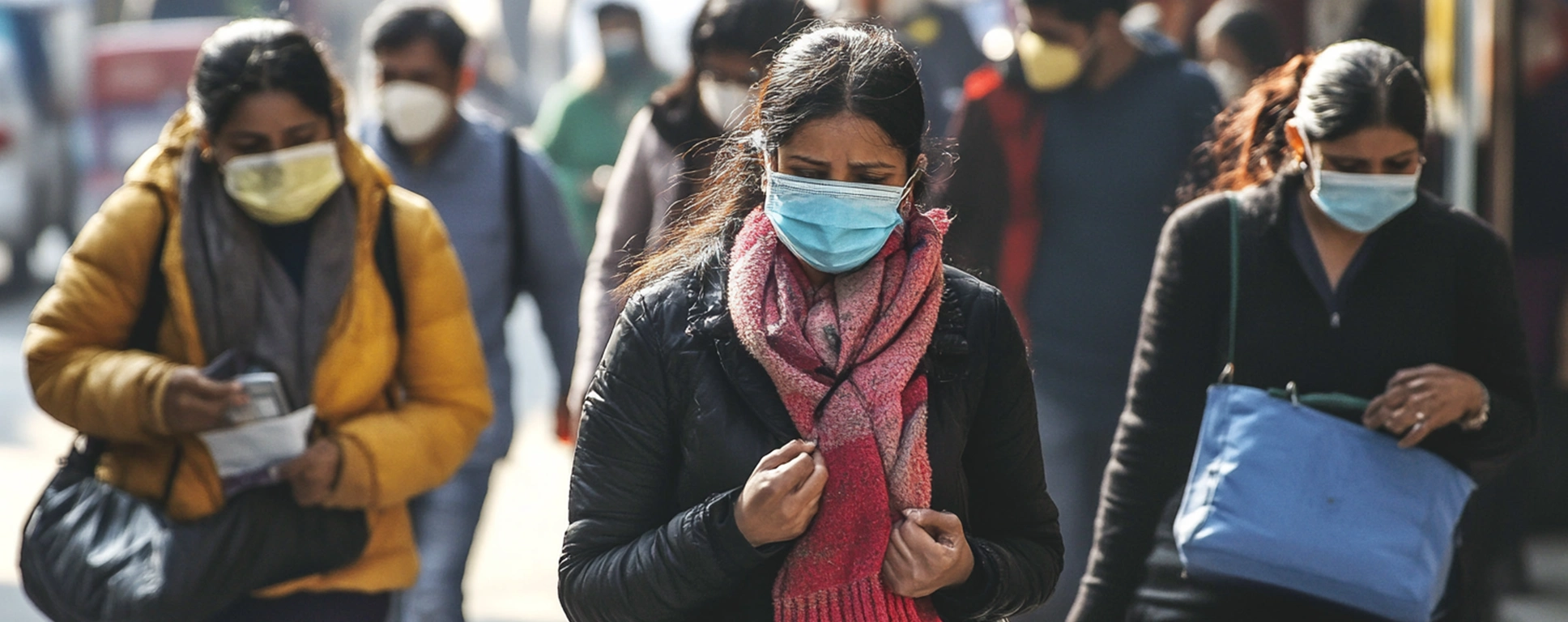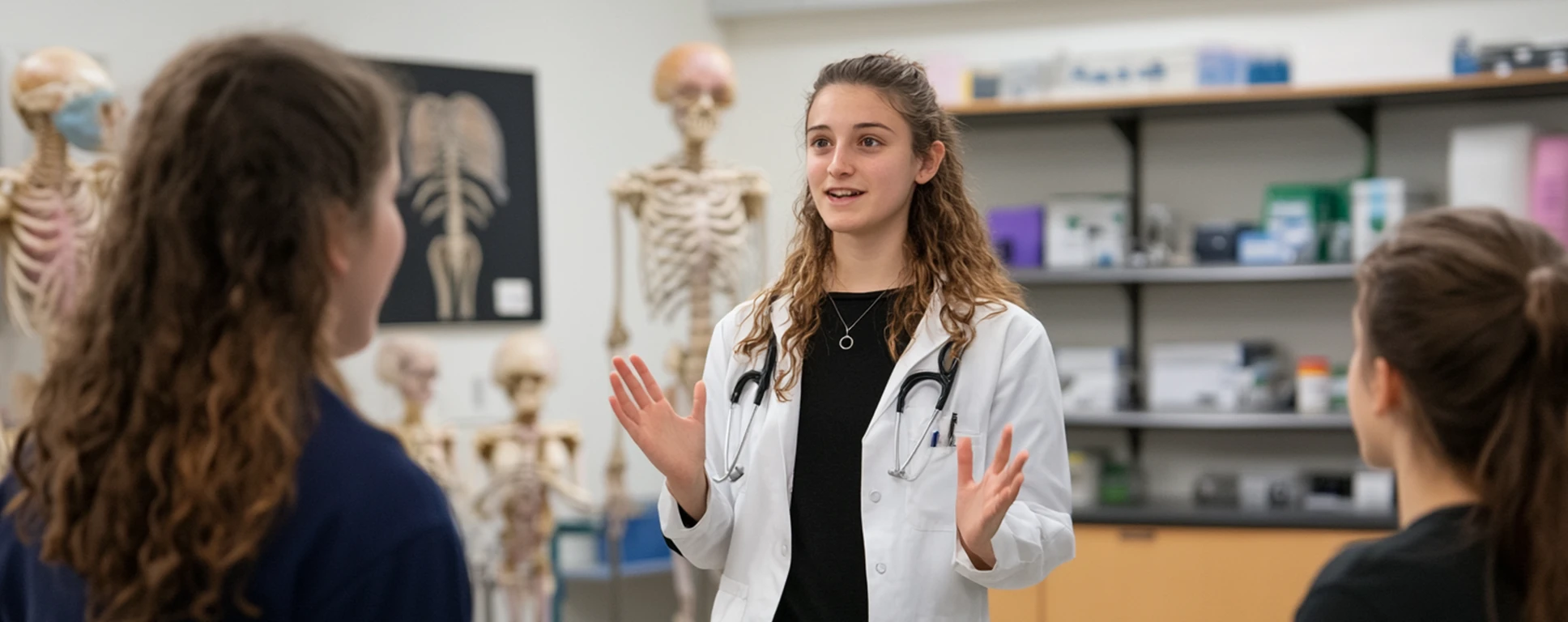
Contagion: Infectious Agents & Diseases - Session 1
Course Description
COVID, Zika, Ebola, HIV, SARS… In our increasingly globalized and mobile world, infectious diseases can emerge and spread faster than ever before, making epidemics, even pandemics, a real possibility. That, together with increasing antibiotic resistance, makes understanding where these threats come from and how we can control their spread one of the most urgent issues of our time.
In this three-week course, students will learn about the origin, biology, and evolution of some of the most feared viruses, such as Ebola, HIV, and Influenza, and lethal bacteria such as E. coli. We will explore the nature of emerging diseases and will use particular examples to discover how we can predict and control their spread. Our dependence on microbes from an evolutionary point of view will also be discussed.
You will have access to the state-of-the-art laboratory facilities at the University of Chicago for hands-on activities such as PCR, CRISPR, DNA sequencing, DNA sequence analysis, viral culture and antibody studies all applied to the study of infections and immunity (you will not be exposed to dangerous materials).
Course Criteria
This course is open to high school students only. Successful completion of a high school biology course is required.
Academic Interest
Biological Sciences
Application Materials
A complete application includes a transcript, two short essays, a letter of recommendation, writing sample, application fee, and a submitted parent confirmation. If you are seeking need-based financial aid, you must indicate that in your application before it is submitted. Please refer to the Application Instructions for complete details.
Instructor(s)
Beatrice Fineschi
Cost
$9,300
Other Courses to Consider
These courses might also be of interest.
 Biotechnology for the 21st Century - Session 1
Biotechnology for the 21st Century - Session 1This course is designed to provide a stimulating introduction to the world of biotechnology.
Starting with an overview of the basic concepts of molecular biology and genetics that serve as a foundation for biotechnology, the course will segue into the various applied fields of biotechnology. Lectures and some of the corresponding hands on experiments will include microbial biotechnology, agricultural biotechnology, biofuels, cloning, bioremediation, medical biotechnology, DNA fingerprinting and forensics.
The goal of this course is to provide students with an appreciation of important biotechnology breakthroughs, the techniques involved and the associated bioethics issues.
Residential Career Insight: Healthcare and Biological Sciences
Career Insight: Healthcare and Biological SciencesDelve into medicine, public health, or research!
Explore possible paths to follow during and after college, as you look deeper into how you might pursue your passions. Whether your interests will take you into the OR and examining room or behind the bench, your journey begins here at UChicago.
In the morning, UChicago professors, lecturers, and researchers will introduce you to key concepts and practices in the biological sciences through lectures, discussions, readings, and hands-on activities designed to reveal a range of possible pursuits.
In the afternoon, connect with practitioners through presentations, informational interviews, and career treks around the city, and with Career Advancement staff who will help you consider what various career paths you might follow within the world of healthcare and the biological sciences and cultivate the skills you need to begin to pursue those opportunities.
You will put your skills and knowledge into practice in a small-group final project as well as individual reflection essays and other assignments.
Residential